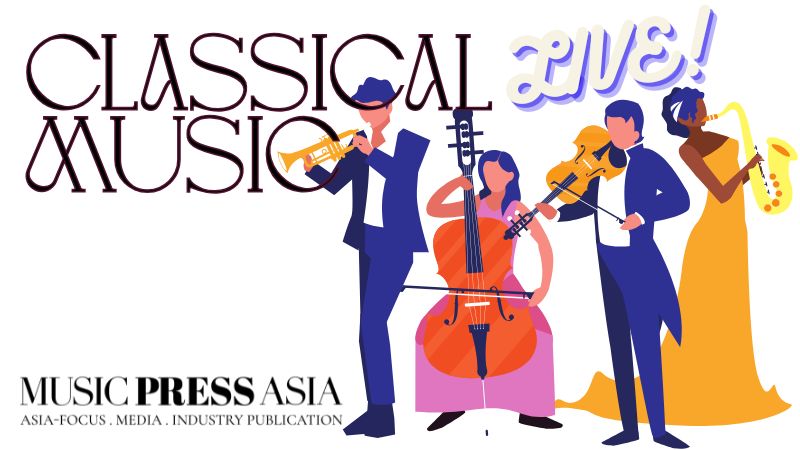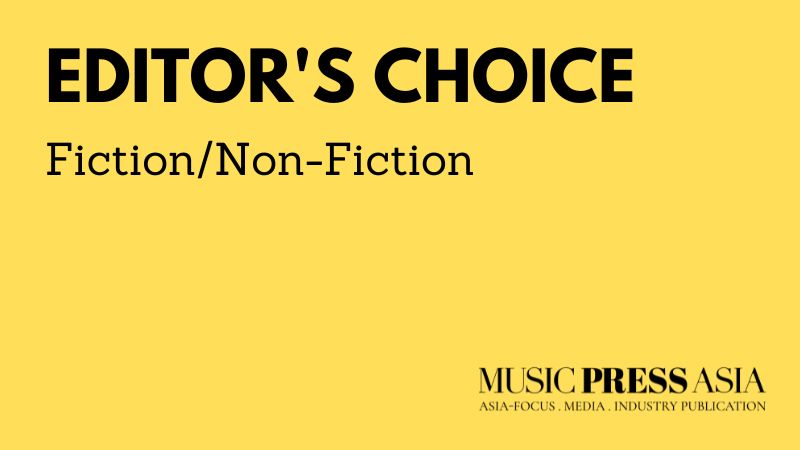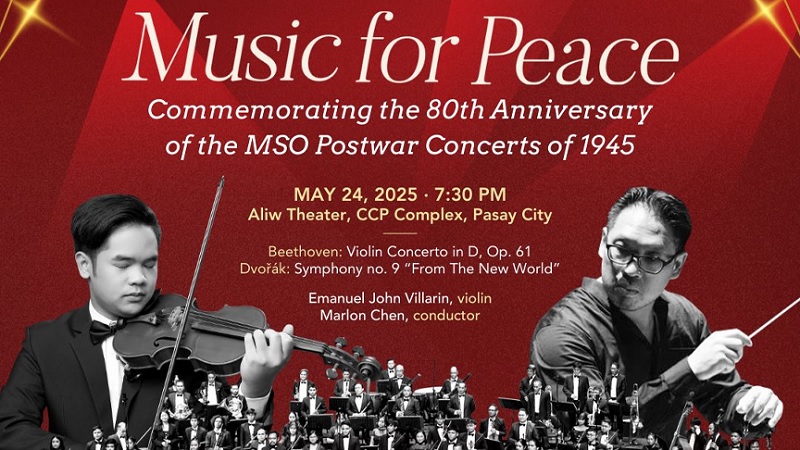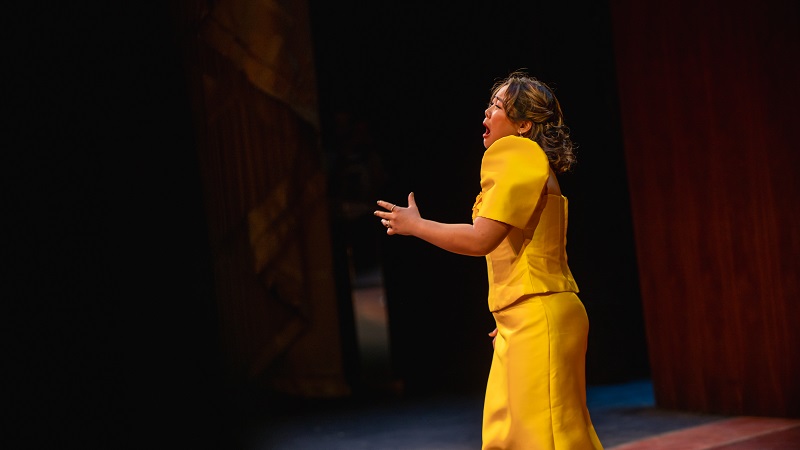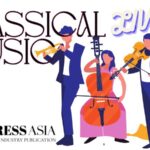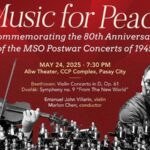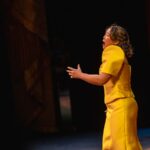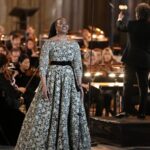Classical Easter Music Selection: Editor’s Choice 2022
From the sacred to the secular, to the simply transcendental, Music Press Asia have selected the ultimate playlist for Easter.
From the sacred to the secular, to the simply transcendental, Music Press Asia have selected the ultimate playlist for Easter.
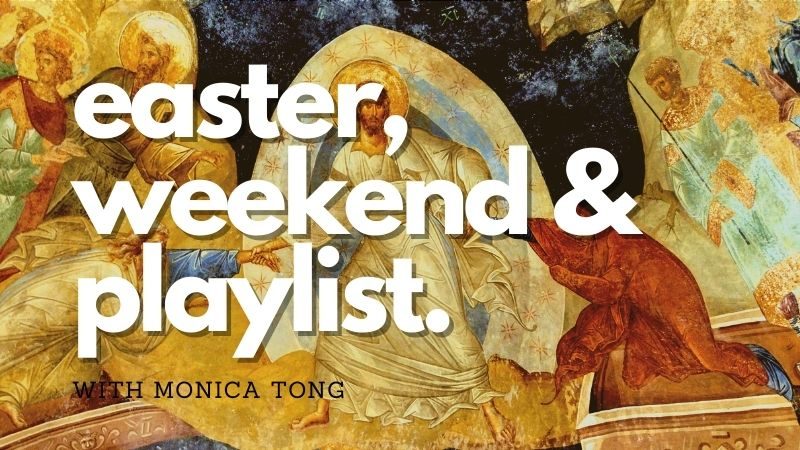
The religious festival to celebrate Easter marks a real dichotomy between joy and grief, life and death, beginnings and endings. The Easter narrative has been commemorated in some of the greatest classical works of all time. From immortalising the ecclesiastical weight of the crucifixion, the passion of the resurrection, to the jubilation of the vernal equinox — discover our selection of the top best classical music pieces for Easter.
BACH: St John Passion
Relentless, visceral, and intense is the first of Bach’s two mammoth sacred Passions. The St John Passion is an epic musical setting of the gospel and might be the closest thing to an opera Bach composed. The John was first performed during service on Good Friday in 1724, it has remained a core part of the liturgical canon ever since and is one of the best classical music pieces for Easter. Scored for soloists, chorus, and orchestra, John Passion comprised Biblical texts enhanced by lyrical arias and chorals. Although we have no eyewitness account of its première, the most awe-inspiring moments belong to the Evangelist, Bach. As narrator, he writes astounding recitative passages that border on the divine. Watch Bach Collegium Japan perform St John Passion by Bach, here.
TALLIS: Lamentations Of Jeremiah The Prophet
The prophet Jeremiah was an eyewitness to the siege of the city of Jerusalem that began in 589 BC. Composed as early as 1565, Tallis’ Lamentations are settings of verse from the Book Of Jeremiah. A Continental composer of the Renaissance, Tallis opts for the lower, darker, richer tones of male voices, which he ably balances in contemplative, five-part polyphony. As a result of this relentless and complex counterpoint, these Lamentations are deeply emotional and utterly entrancing. This recording is recorded by the Kings College Choir in 1966 and is published by Decca Music. Click here to listen.
CARL BOBERG: How Great Thou Art
‘How Great Thou Art’ is a traditional Christian hymn based on an anonymous melody and a poem written by Carl Boberg in 1885. The inspiration for the poem came when Boberg was walking home from church near Kronobäck, Sweden, and listening to church bells. A sudden storm got Boberg’s attention, and then just as suddenly as it had made its appearance, it subsided to a peaceful calm which Boberg observed over Mönsterås Bay. It was translated from Swedish into German and then Russian before being translated into English by English missionary Stuart K. Hine. On 4 April 2011, Carrie Underwood performed this song on ACM Presents: Girls Night Out show. She sang together with prominent guitarist, Vince Gill. Watch the performance, here.
WAGNER: Parsifal
Nietzsche famously called Wagner’s last opera poisonous, but does its theme of redemption offer an antidote to our ills? Parsifal is an opera in three acts by Richard Wagner with the libretto by the composer himself loosely based on the 13th-century Middle High German epic poem Parzival of the Minnesänger Wolfram von Eschenbach, recounting the story of the Arthurian knight Parzival and his quest for the Holy Grail. According to his autobiography Mein Leben, Wagner conceived Parsifal on Good Friday morning, April 1857. The Hungarian State Opera has recently live-streamed Parsifal on OperaVision. And will be available to watch from 15 April – 22 October 2022. OperaVision is a freeview opera streaming platform, supported by the European Union’s Creative Europe program. Watch it on YouTube, here.
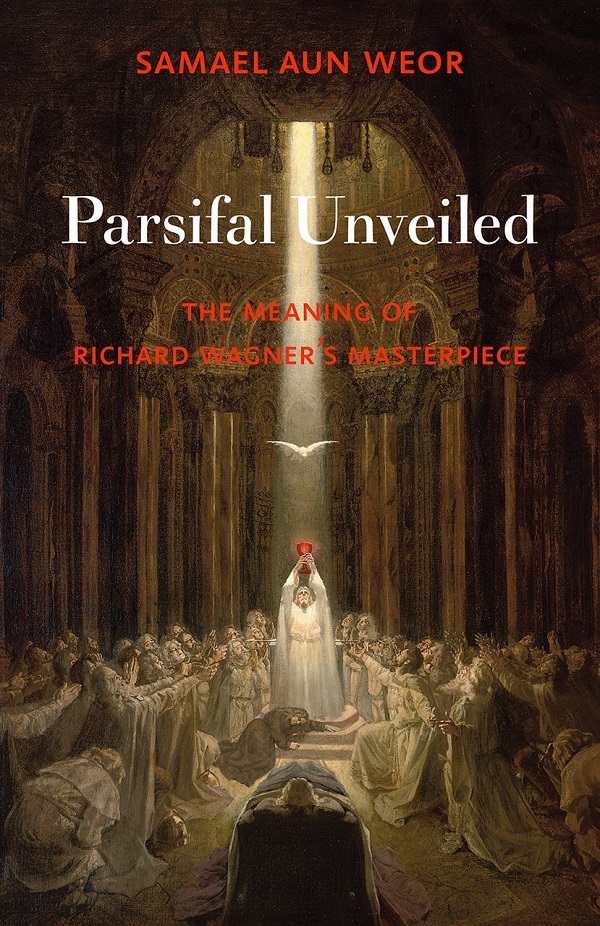
TAVENER: As One Who Has Slept
A modern Easter anthem, As One Who Has Slept (1996) is a musical setting of the liturgy of St Basil. Written specifically to be performed on Easter Sunday, Tavener tames the angelic, floating voices with a drone in the bass part almost as though to put the listener into a trance-like, meditative state. Through heart-wrenching harmonies that gently jar, and then resolve, Tavener creates an ethereal, timeless setting for the words: “As one who has slept, the Lord has risen, and rising He has saved us.” The mood of As One Who Has Slept, taken from the great liturgy of St. Basil on Easter Saturday morning, is full of awe, silence, and expectation. This work was commissioned by Winchester Cathedral and was first performed in January 1997 by the Winchester Cathedral Choir conducted by David Hill. Here is the original recording.
HAYDN: The Seven Last Words of Christ
The Seven Last Words of Christ, or using its full name The Seven Last Words of Our Saviour on the Cross is an orchestral work composed by Joseph Haydn for the 1786 Good Friday service at Oratorio de la Santa Cueva in Spain. The composer adapted the music three times – once in 1787 for string quartet, again in 1796 as an oratorio for solo and chorus, and he also approved a solo piano version. The seven meditations on the Last Words are excerpted from all four gospels. The “Earthquake” movement derives from Matthew 27:51. Much of the work is consolatory, but the “Earthquake” brings a contrasting element of supernatural intervention. Listen to Brilliant Classics version of the Oratorio, here.
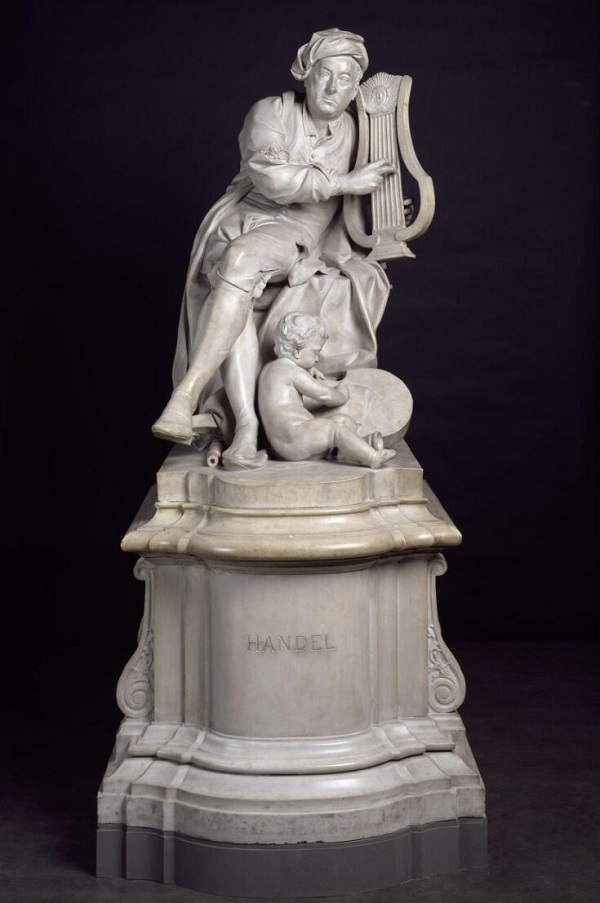
STRAVINSKY: Mass
As you would expect from Stravinsky, this setting of the Mass is no way near as conventional as Bruckner’s. In fact writing music for a Catholic liturgical service was inconsistent with Stravinsky’s own Russian Orthodox faith. The piece, scored for an unusual combination of choir, with oboes, cor anglais, bassoon, trumpets and trombones, is by Stravinsky’s standards refrained, and largely unornamented. Nevertheless, a capsule definition of the harmonic language evades theorists and analysists to this day. In its own Stravinskian way, the strangely hypnotising soundworld of this Mass captures the significance of religious festivals such as Easter. Click here to listen to the English Bach Festival Orchestra. Conducted by Leonard Bernstein with the Trinity Boys Choir and English Bach Festival Chorus. The recording was made by Deutsche Grammophon in 1977.
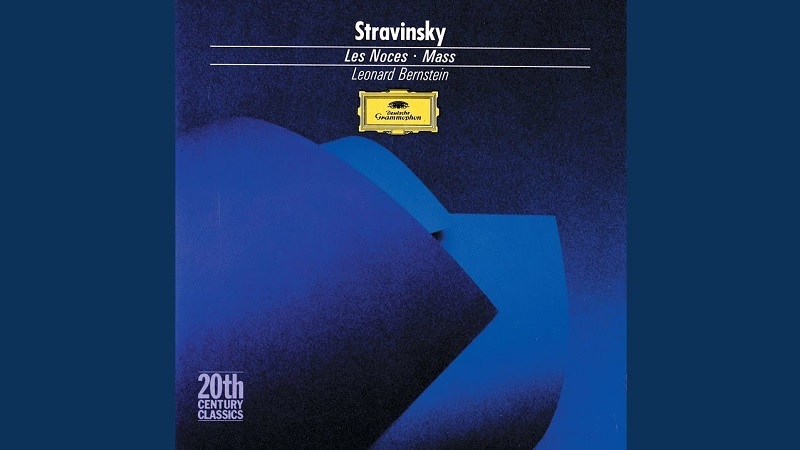
RIMSKY-KORSAKOV: Russian Easter Overture
Based entirely on chants from the Russian Orthodox Church, Rimsky-Korsakov’s Easter Overture is a purely instrumental work for orchestra. While the Russian Easter Festival Overture will be most open to those who are familiar with the music of the Russian Orthodox church, the music was intended by Rimsky-Korsakov to capture the wonder of the Easter night ‘…this transition from the gloomy and mysterious evening of Passion Sunday to the unbridled pagan-religious merry-making on the morn of Easter Sunday.’ It is at the end, with the ringing of bells, that we come into the Russian meaning of Easter. The use of ‘exotic’ harmonic, melodic, and rhythmic elements of music, which to European ears were considered musical orientalism helped Rimsky-Korsakov forge a national musical identity. The Easter Overture in this recording was recorded in 1994 by Universal Music and conducted by Seiji Ozawa. Click here to listen.
HANDEL: Messiah
Handel’s Messiah is a mainstay of choral society singing and one of the most enduring choral works of all time. This oratorio is synonymous with Easter, with the scriptural text of the King James Bible set to Handel’s dramatic and emotive music. Best known of course for the famous ‘Hallelujah’ chorus, however, the rest of the Messiah is equally beautiful, featuring exquisite arias such as ‘Ev’ry Valley Shall Be Exalted’. Handel’s Messiah has been described by the early-music scholar Richard Luckett as “a commentary on [Jesus Christ’s] Nativity, Passion, Resurrection and Ascension”, beginning with God’s promises as spoken by the prophets and ending with Christ’s glorification in heaven. The recording of this piece is performed by the American Bach Choir. Jeffrey Thomas is the conductor.

